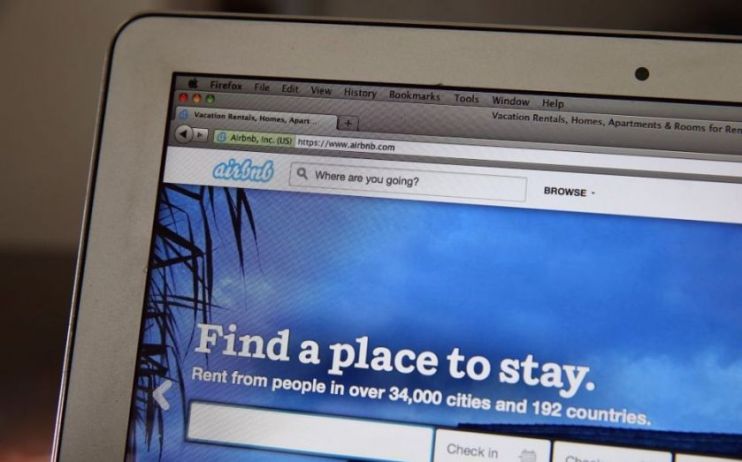Plans to require Airbnb-style rentals to obtain licence from local council Scotland move in Scotland

New government proposals in Scotland will require properties that are used for short-term lets and Airbnb-style rentals to get licences from the council.
Ministers want to tackle the growth of Airbnb-style rentals in popular tourist areas such as Edinburgh and will ask individual councils to set the requirements for granting a licence while allowing uncapped fees to cover the costs.
The scheme aims to ensure a minimum safety standard for the rental properties and hopes to achieve a greater balance between the needs and concerns of communities, and the economic and tourism benefits.
Hosts and operators have been also told the regulations could introduce “possible changes to taxation” in guidance issued ahead of any legislation coming into effect.
MSPs will have to debate and approve the proposed legislation, and the Government said it will release further guidance and information in early 2022.
Local authorities will each have to devise a licensing system for short-term rental properties by October next year, with all operators then required to apply for a licence by July 1 2024.
Existing Airbnb hosts and landlords of short-term rentals will have to obtain a licence by April 2023 under the proposed legislation put forward at Holyrood.
Crackdown
Scottish Government ministers want to tackle the growth of Airbnb-style rentals in popular tourist areas such as Edinburgh and will ask individual councils to set the requirements for granting a licence while allowing uncapped fees to cover the costs.
Housing Secretary Shona Robison said the proposed measures were the “next significant step” after introducing legislation to allow councils to impose short-term let control areas – although those powers have never been used.
Announcing that the proposal for licensing of short-term lets had been laid in parliament, Ms Robison said: “We have already introduced legislation allowing councils to establish short-term let control areas and manage numbers of short-term lets.
“This is the next significant step to delivering a licensing scheme that will ensure short-term lets are safe and the people providing them are suitable. We want short-term lets to continue making a positive impact on Scotland’s tourism industry and local economies while meeting the needs of local communities.
“Short-term lets can offer people a flexible travel option. However, we know that in certain areas, particularly tourist hotspots, high numbers of lets can cause problems for neighbours and make it harder for people to find homes to live in.
“The licensing scheme and control area legislation give councils the powers to take action where they need to.”
The Scottish Government had previously hoped to introduce the new law before May’s Holyrood election but pushed the plans back following backlash from some MSPs.
Three consultations were held over three years as well as a stakeholder working group, although a number of organisations including Airbnb, the Association of Scotland’s Self-Caterers, the Scottish B&B Association and the UK Short Term Accommodation Association all resigned from the group.
Ms Robison added: “We appreciate the input from tourism bodies, local government, community organisations and others in reaching this point, and look forward to delivering a short-term lets licensing scheme that works for Scotland.”